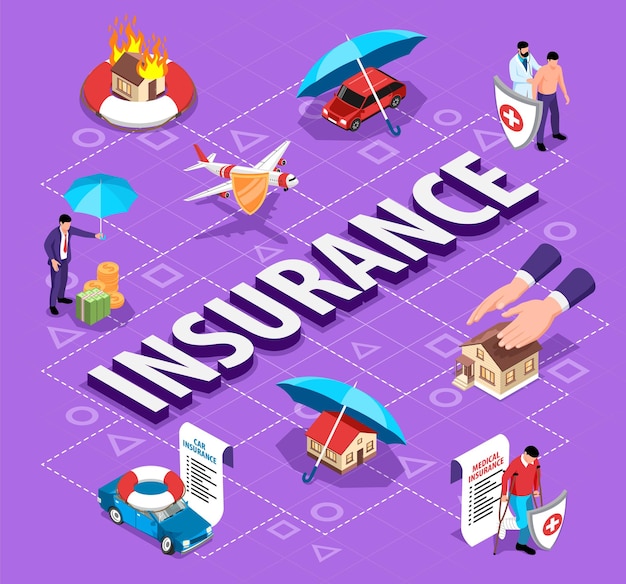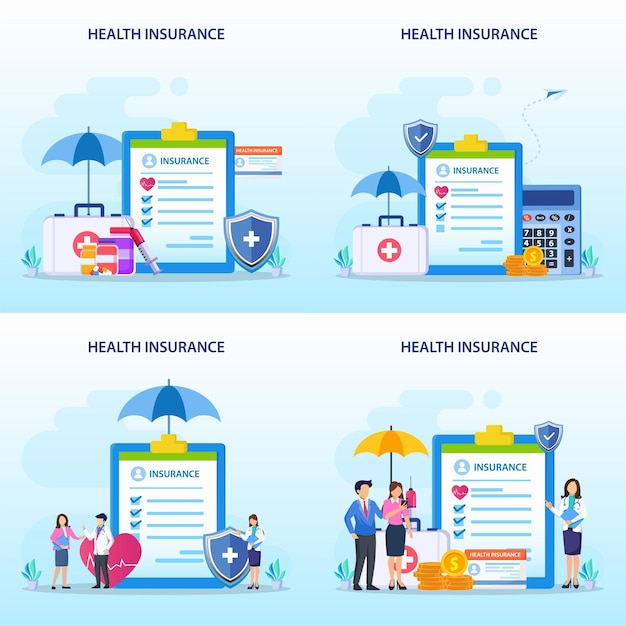
Today’s discussion revolves around the topic: Is it necessary to acquire disability insurance? I recall attending a conference last year with the predominant agenda being to inspire participants to continually strive and pursue their objectives. It was intriguing, and somewhat ironic, when the final keynote speaker took the stage on the event’s concluding day. I had expected an enthusiastic pep talk encouraging everyone to push their limits in the coming months to achieve their aspirations. However, she shared her personal experience of being a former workaholic whose life was drastically altered following a brain aneurysm one day at the gym, an episode that took her out of work for a year. Her story underlined her gratitude for having disability insurance. This made me reconsider my position and contemplate whether I too needed such insurance.
So, what exactly is disability insurance? Often referred to as DI, this variety of insurance safeguards your earnings in case a disability prevents you from working. To put it simply, none of us can predict a potential future disability – temporary or permanent. At such times, the last thing we need is the additional worry of income loss and making ends meet. Disability insurance can offer you a significant portion of your salary, thereby lending a financial cushion. Typically, DI rates fluctuate between 1% and 3% of your total salary, depending on age and the required coverage. Coverage can replace roughly 60% to 80% of your pre-tax income.
If you’re wondering if you need disability insurance, here are four aspects to consider:
1. THE POSSIBILITY OF A DISABILITY: None of us like to think about the loss of our abilities, but it is always a possibility. Statistically, around 25% of workers have experienced a disability for more than three months during their career. A temporary disability can still wreak havoc on one’s finances, not to mention if you have a familial history of disability, increasing your risk.
2. YOUR ROLE AS A PROVIDER: As a primary earner in my household, I seriously contemplated the necessity of disability insurance. Relying on physical and cognitive abilities for work, like many of us, the possibility of an unexpected illness or injury leading to financial crisis is worrisome. A startling statistic that demonstrates this is that 62% of all U.S. bankruptcies and over half of all mortgage foreclosures occur due to illness or injury-related expenses.
3. YOUR PROFESSIONAL HAZARDS: Professions like doctors, nurses, and contractors may have higher risks of injury or illness. While employers may offer some form of assistance if something happens at work, solely relying on that could prove risky. Employers may not always cover your medical bills or provide the right workers’ comp, as was the case with a family friend.
4. YOUR FINANCIAL CAPABILITIES: Amidst the multitude of bills already pressing on budget, adding another insurance expense might seem financially challenging even if necessary. Start by assessing your budget and ascertaining what you can afford. There’s always the option of starting with lesser coverage and scaling up later.
In conclusion, disability insurance is a topic worth discussing. It’s vital to plan for future successes, however, preparing for unexpected incapacities is just as important. Whether or not one needs DI is a personal decision depending on age, career, income, and familial circumstances. Begin by exploring quotes from providers and understanding the included coverage.


